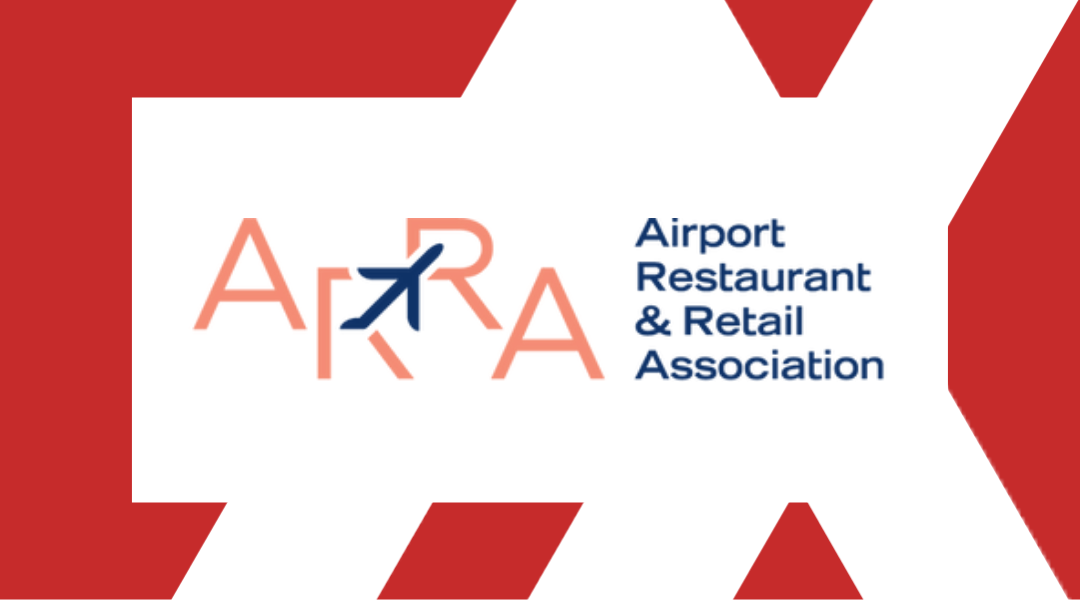Airports need to decide whether they want to be a sponsor or a partner with concessionaires as the industry maps the way forward in a post-COVID environment, consultant Oris Dunham of Dunham Group LLC said on an industry call Wednesday.
The call, hosted by the Airport Restaurant & Retail Association (ARRA), featured a conversation with Dunham and Mark VanLoh, president and CEO of Jacksonville Aviation Authority.
“I think airports are going to have to decide what kind of participation [they’ll have]. Do they want to be a partner in the business or do they want to be a sponsor?” Dunham said. “The FAA wants [airports] to be a sponsor for minority business enterprises but they want them to also be a partner. I think we’re going to have to take a serious look at how the FAA treats airports and how they want airports to operate.”
Dunham also suggested that the conversation needs to include airlines. “The airlines have to be brought into it,” he said. “They love talking about all the things they want, but then they are [airports’] worst enemies when it comes to trying to get PFCs. And even then, the FAA doesn’t let us use those PFCs in a way that would help, as we would build facilities that would help the airports make money.”
VanLoh likened the current situation to a shopping mall, where the owner “gets a little out of control with rates and charges and starts losing stores.”
“When you start making it difficult for somebody to eke out a small profit, they’re going to fold and you’ll have dark storefronts,” he said. “That’s what’s happening in a lot of our terminals now.”
In some cases, airports have asked for too much from concessionaires, both men said, citing inflated minimum annual guarantees, high bid costs, excessive buildout and refresh requirements, among other things.
“If it didn’t take me so long to build something, I would volunteer in a heartbeat,” VanLoh said, referencing a push by some in the industry for airports to take on more of the concessions infrastructure burden. “But the operator can do it much faster than we can in our bureaucratic environment here in the city.”
The requirements deserve assessment, he added. “Sometimes we’re asking too much of the vendor to put up these fancy frontages that are only going to last a few years, then we’re asking them to refresh everything in five years,” VanLoh said. “I think a lot of that stuff just needs to go away and we just need to get practical. And if we end up fronting the bill to build something out, all I need is to see some kind of return on our investment.”
Dunham agreed, noting that airports “asked for things we didn’t really need. I think this has taught us that we need to be smarter about what it is we really want.”
Moving forward, VanLoh suggested the industry channel the lessons learned in the pandemic to help chart the way forward. “Let’s not waste a good crisis,” he said. “We can maybe even be better off than we were in 2019 if we get rid of some of the things we don’t like and really form great partnerships that are going to last to the next crisis that we may face.”






